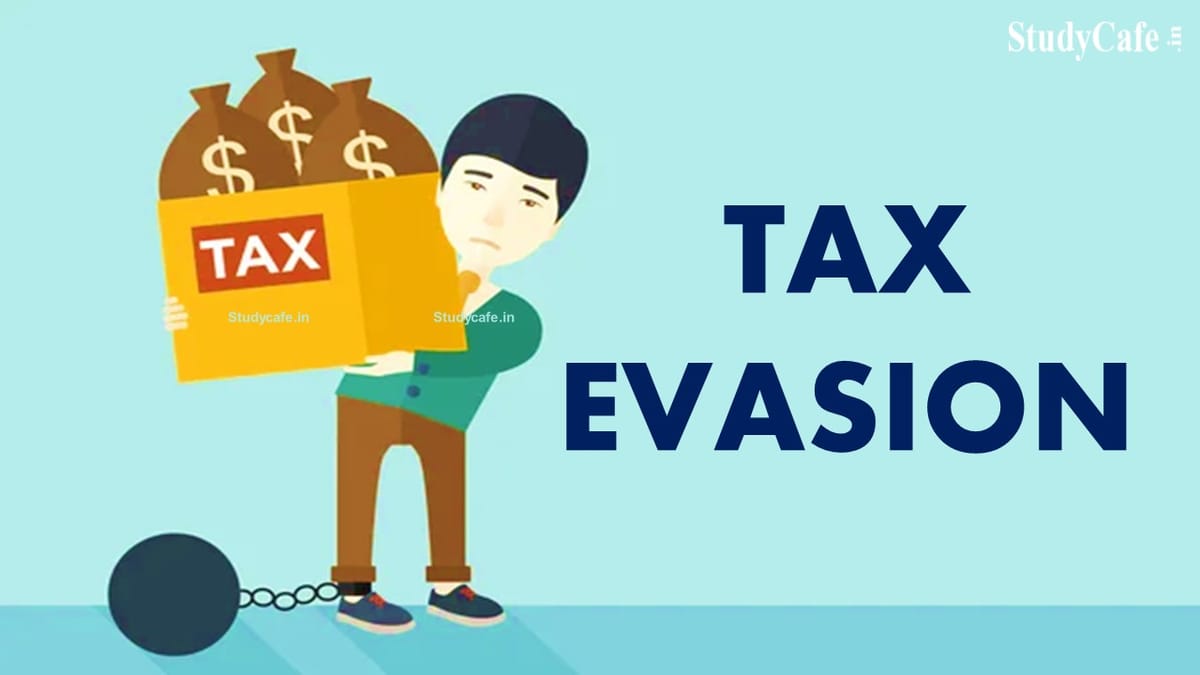CA Bimal Jain | Feb 11, 2022 |

Taxpayer Cannot be Detained for Indefinite Period for Alleged Tax Evasion Where Investigation is Pending
The Hon’ble Supreme Court of India in Paresh Nathalal Chauhan v. The State of Gujarat & Anr. [SLP (Crl) No. 009458 – 009459/2021, Criminal Appeal Nos.164-165/2022 dated February 01, 2022] granted bail to a person accused of tax evasion. Held that, assessee cannot be detained for indefinite period of time when the maximum sentence for such offence is 5 years and investigation w.r.t. the same is still pending.
Paresh Nathalal Chauhan (“the Petitioner”) has filed this petition to seek bail for the alleged evasion of tax, who had been detained for 25 months out of a maximum period of 5 years for which the Petitioner can be sentenced. The Petitioner contended that the concerned officers preceded a search operation where the officers concerned occupied a house for more than a week with lady members, with an intent to teach the Petitioner a lesson, for having initiated proceeding which resulted in adverse orders against the Revenue Authority (“the Respondent”).
The Respondent contended that the Petitioner should not be on bail as the Petitioner has been a habitual offender engaged in violation of law and played an important role in execution of the scam and that confidential investigation is still under way in order to identify these persons.
Whether the Petitioner who has been accused of tax evasion can be granted bail where the investigation has not been completed?
The Hon’ble Supreme Court of India in SLP (Crl) No. 009458 – 009459/2021, Criminal Appeal Nos.164-165 /2022 dated February 01, 2022 held as under:
Section 132(1) of the Central Goods and Services Tax Act, 2017 (“the CGST Act”)
Punishment for certain offences
132. (1) Whoever commits, or causes to commit and retain the benefits arising out of, any of the following offences], namely:-
(a) supplies any goods or services or both without issue of any invoice, in violation of the provisions of this Act or the rules made thereunder, with the intention to evade tax;
(b) issues any invoice or bill without supply of goods or services or both in violation of the provisions of this Act, or the rules made thereunder leading to wrongful availment or utilisation of input tax credit or refund of tax;
(c) avails input tax credit using the invoice or bill referred to in clause (b) or fraudulently avails input tax credit without any invoice or bill
(d) collects any amount as tax but fails to pay the same to the Government beyond a period of three months from the date on which such payment becomes due;
(e) evades tax or fraudulently obtains refund and where such offence is not covered under clauses (a) to (d)
…………..
shall be punishable––
(i) in cases where the amount of tax evaded or the amount of input tax credit wrongly availed or utilised or the amount of refund wrongly taken exceeds five hundred lakh rupees, with imprisonment for a term which may extend to five years and with fine;”
(Author can be reached at [email protected])
DISCLAIMER: The views expressed are strictly of the author and A2Z Taxcorp LLP. The contents of this article are solely for informational purpose and for the reader’s personal non-commercial use. It does not constitute professional advice or recommendation of firm. Neither the author nor firm and its affiliates accepts any liabilities for any loss or damage of any kind arising out of any information in this article nor for any actions taken in reliance thereon. Further, no portion of our article or newsletter should be used for any purpose(s) unless authorized in writing and we reserve a legal right for any infringement on usage of our article or newsletter without prior permission.
In case of any Doubt regarding Membership you can mail us at [email protected]
Join Studycafe's WhatsApp Group or Telegram Channel for Latest Updates on Government Job, Sarkari Naukri, Private Jobs, Income Tax, GST, Companies Act, Judgements and CA, CS, ICWA, and MUCH MORE!"